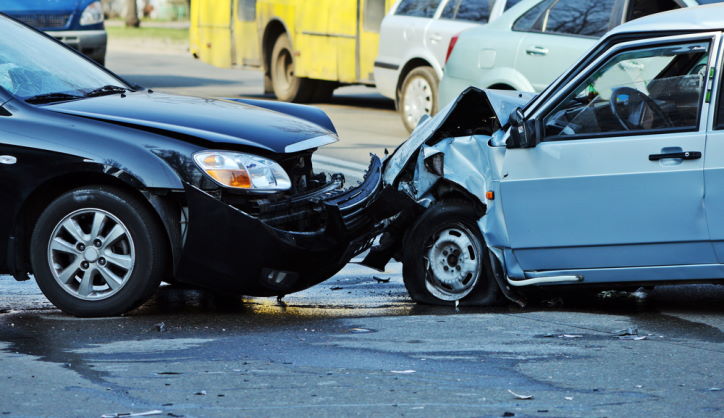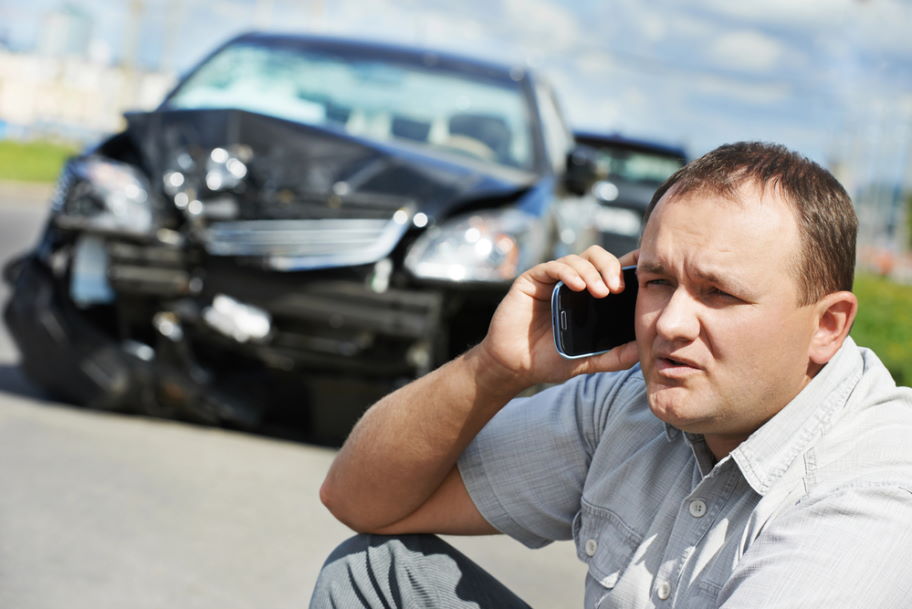Get Our Insider to Property Damage Brochure

How to Read a North Carolina Police Crash Report
January 29, 2024At Dewey, Ramsay & Hunt, P.A., our Charlotte car accident attorneys know a North Carolina crash report, or DMV-349 form, is typically a two-page document that contains many important details.
Here, we discuss why the report is essential to North Carolina crash victims, how they can read it, and what the information means when partnering with a personal injury attorney.
The Importance of Reading a North Carolina Reportable Crash Report Properly
Reading a North Carolina reportable crash report can be challenging due to its technical nature and the use of specific codes and terminology. However, understanding the key sections and information provided can help readers make sense of the report and determine who was liable for the crash.
Here are steps to help you read a North Carolina crash report:
- Locate the Report Number
The police report incident number, the DMV-assigned crash case identifier, is in the top right-hand corner of a North Carolina police report. The box has the words “Do not write in these spaces” at the top to prevent anyone but the DMV from assigning the police report incident number.
- Identify the Basic Information
Look for basic details about the crash, including the date, time, and location. This information is found near the top of the report.
- Review the Vehicle and Driver Information
Identify details about the vehicles involved in the crash, including make, model, year, color, and license plate numbers. The report’s second section also lists driver information, including names, addresses, and license numbers.
- Assess the Fault Analysis
The fault analysis reflects who the officer believes contributed to the incident and how.
The numbers in boxes 14, 15, and 16 list mistakes made by the driver and vehicle described on the left side of the report — usually identified as Unit #1.
Numbers in boxes 17, 18, and 19 list mistakes made by the driver and vehicle described on the right side of the report — usually identified as Unit #2.
Each number represents a Contributing Circumstance, according to the reporting officer.
They include:
0 No contributing circumstances indicated.
1 Disregarded yield sign.
2 Disregarded stop sign.
3 Disregarded other traffic signs.
4 Disregarded traffic signals.
5 Disregarded road markings.
6 Exceeded authorized speed limit.
7 Exceeded safe speed for the conditions.
8 Failure to reduce speed.
9 Improper turn.
10 Right turn on red.
11 Crossed center line/going wrong way.
12 Improper lane change.
13 Use of improper lane.
14 Overcorrected/oversteered.
15 Passed stopped school bus.
16 Passed on hill.
17 Passed on curve.
18 Other improper passing.
19 Failed to yield right of way.
20 Inattention.
21 Improper backing.
22 Improper parking.
24 Improper or no signal.
25 Followed too closely.
26 Operated vehicle in an erratic, reckless, careless, negligent, or aggressive manner.
27 Swerved or avoided due to wind, slippery surface, vehicle, object, non-motorist.
28 Visibility obstructed.
29 Operated defective equipment.
30 Alcohol use.
31 Drug use.
32 Other.
33 Unable to determine.
34 Unknown.
35 Driver distracted by electronic communicating device (cellphone, texting, etc,).
36 Driver distracted by other electronic device (navigation device, DVD player, etc.).
37 Driver distracted by other inside vehicle.
38 Driver distracted by external distraction (outside vehicle).
- Review Charges and Citations
Identify any charges or citations issued after the crash, which will appear at the bottom of the second page of the report. This section provides information about traffic violations and offenses associated with the collision.
Why Do I Need a Charlotte Car Accident Attorney If I Can Read the Reportable Crash Report Myself?
Consulting with an attorney experienced in personal injury law can help you navigate the complexities of the crash report and understand its implications, especially if you are involved in a dispute over liability with the insurance company.
If you were injured in a vehicle collision caused by negligence in North Carolina, our personal injury attorneys in Charlotte at Dewey, Ramsay & Hunt want to hear your story during a free consultation by calling (704)-377-3737 or contacting us online.
We provide unique legal services tailored to each client’s needs and do not get paid unless you do.
Your Injury, Our Fight. How can we help you take a stand?
Because every case is different, the description of awards and issues previously managed by our law firm does not guarantee a similar outcome in current or future cases.

